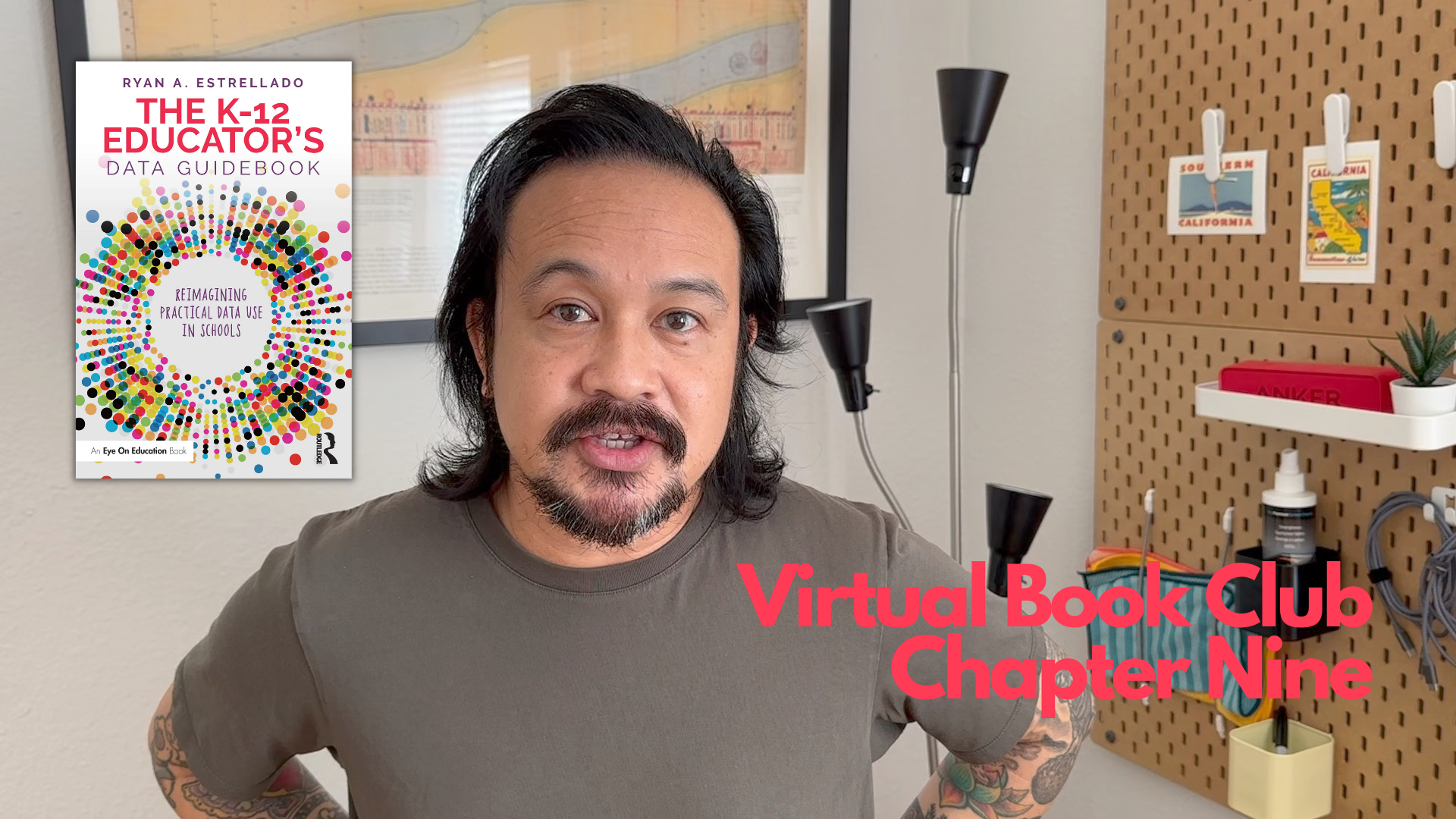You Haven’t Been to a Data Workshop Like This Before
Photo by Thomas Renaud on Unsplash
It was 1994 and I had to figure the whole college thing out. As I looked through the course catalogue of undergraduate requirements, my eyes scanned titles for the most intellectual possibilities. The more pretentious, the better.
My young and idealistic eyes drifted over the page and landed on the perfect choice: lower division philosophy. Textbooks for that class would look great next to my cappuccino and glasses at the campus coffee shop.
When the first day of class arrived, I learned that looking fashionably aloof at the cafe had its cost. That cost was having to endure an unbearable amount of pondering. During one class, we explored the question, “Why is the sky blue?” Later I’d use that same question to actually poke fun of philosophy as a discipline.
Here’s the thing: 2022 me loves philosophy. A few years ago I found the work of the stoics and existentialists. Heck, now I even wonder why the sky is blue. Like, unironically.
So why the change? Turns out I could learn to love philosophy, but I needed to push out of the abstract and into a practice that helped me in real life.
And it’s not so different with data workshops. Let’s explore that more.
What’s Different About this Data Workshop?
The teachers in Julie McLeod’s school district gather in a conference room for a training on data. They sit in small groups, three to five teachers at a table. On the table are two stacks of paper, cut in strips and typed on. The strips in the first stack are labeled with statistics terms, like “median.” The strips in the second stack are labeled with corresponding definitions.
In a moment, Julie and her team will lead the teachers through a data activity. Each group will shuffle the stack of paper and match each statistics term to its definition. Later in the day, the teachers will color code tables of data. Then they’ll use those colors to visually identify patterns in the data.
If you’ve been to data workshops and this feels different to you, it should. That’s what Julie wanted. If you give data workshops and you want a similar feel, read on for why Julie’s approach works.
Documentary footage of me as a pretentious undergrad.
Pushing Out of the Abstract
I think back to the data workshops I’ve been to and also the ones I’ve given. Yes, they included statistics terms. And yes, they included pattern analysis. But somehow, the ones Julie does feel different.
Too often, data workshops stay in the realm of the abstract. Take these data concepts as examples: An average is a single number that summarizes a group of numbers. But so what? Data helps us find patterns in student performance. And again, so what?
By its nature, data is abstract. It’s meant to reduce a complex reality down to symbols humans can make sense of. Here’s how Julie’s work is different: She designs the training to push data out of the abstract realm. She encourages teachers to act on concepts in the real world.
They’re not just imagining what an “average” means. They’re sitting together and moving materials around a table as they learn. And the teachers aren’t just told what a pattern analysis is. They’re sitting together and color coding datasets of their own students.
Before these ideas can be made practical, they have to be made personal. A way to do that is to create environments where people don’t just hear about concepts. They actually experience them.
“An average is a single number that summarizes a group of numbers. But so what? Data helps us find patterns in student performance. And again, so what? ”
Two Important Reminders
Are you designing a data training? If you are, write these two questions down on a post-it note and stick them on your monitor:
How can I create an experience where the audience doesn’t just hear about concepts, but acts on them?
How can I create an experience where the audience doesn’t just hear about concepts, but applies them to data about their own students?
Most everyone has, at least once, tried to learn about data and been left frustrated. People like Julie create experiences that are the opposite. At Julie’s workshops, educators set out to learn about data and feel empowered.
Know anyone who would enjoy this article? Email it to them or post it on social media. And for more content like this, sign up for my email list.
I interviewed Julie McLeod in 2021, when she was the Manager of Strategic Data and Evaluation at a Florida school district. The interview was research for my new book, The K-12 Educator’s Data Guidebook. The book is available now on Amazon.
Notes
Heck, now I even wonder why the sky is blue: Turns out it’s something called “Raleigh scattering.”






